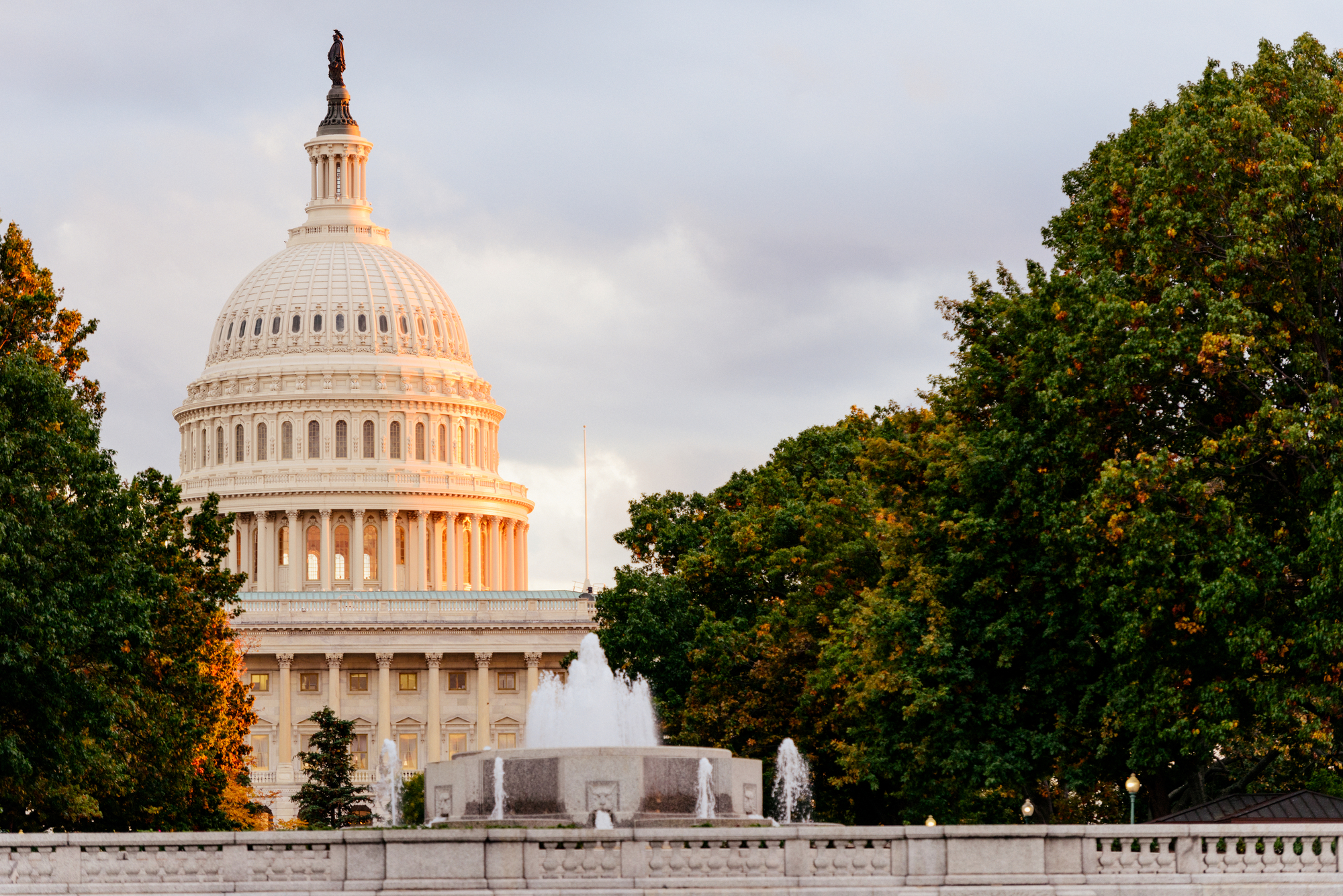
- Details
- By Native News Online Staff
WASHINGTON — House Democrats on Monday released a scaled-down version of the HEROES Act that was passed in the House of Representatives in May 2020. The legislation was sent to the Senate but could not garner support. Instead, the Senate produced a $500 billion bill that was voted down within the body earlier this month.
When the HEROES Act was passed, the first version was for $3.4 trillion for additional coronavirus response packages, which would be $1,200 per adult and $500 for each dependent. The HEROES 2.0 was reduced to $2.2 trillion.
Top priorities found in the original HEROES Act are found in the second version, including additional money for testing and drug development, additional unemployment benefits and small business loans.
House Speaker Nancy Pelosi (D-CA) and Treasury Secretary Steven Mnuchin have reportedly been negotiating the key components of the 2,154-page legislation. Pelosi hopes to have it passed in the House this week and sent to the Senate for further negotiations. It is doubtful it will pass the Senate before the general election on Nov. 3.
"Democrats are making good on our promise to compromise with this updated bill, which is necessary to address the immediate health and economic crisis facing America's working families right now," Pelosi said in a letter to House Democrats. "We have been able to make critical additions and reduce the cost of the bill by shortening the time covered for now."
The Native American Financial Officers Association (NAFOA) offered this analysis on how HEROES 2.0 will impact Indian Country:
$9.5 billion in fiscal relief for tribal governments
- This is less than in the original CARES Act, but reduced by the same proportion as states and local governments
- Extends timeframe to use CRF funds to December 31, 2021
- Allows funds to be used to replace lost, delayed, or decreased revenues due to the coronavirus pandemic
- Specifies that ANCs are not eligible recipients
- $8.5 billion to be dispersed in accordance to a formula developed by the Secretary of Treasury in Consultation with the Secretary of the Interior and tribal governments
- $1 billion to be split equally between all federally recognized tribes
Paycheck Protection Program (PPP) Updates and Expansion
- Includes more lenient terms for minority businesses and overall small businesses impacted the COVID-19 crisis
- Creates opportunities for borrowers to utilize their untapped PPP balance and expanded forgiveness flexibilities
- In addition, the PPP program provides a framework for demographic and geographical reporting by federal agencies to study the flow of PPP dollars around the country
- The Act also directs the Secretary of Health and Human Services to update the COVID-19 strategic plan to ensure they are doing their best to ensure mitigation of COVID-19 required under the PPP
$1.734 billion for the Indian Health Service
- $1 billion to supplement reduced third party revenue collections
- $500 million for direct health and telehealth services
- $140 million to expand broadband infrastructure and information technology for telehealth and electronic health record system purposes
- $20 million for domestic violence victims and homelessness
- $64 million for Urban Indian Organizations
- $10 million to provide and deliver potable water
Telecom Improvements
- Emergency Benefit for Broadband Services
- Tribal households where a member has been laid off or furloughed are eligible for a $75 benefit to go towards a monthly internet service.
- Internet service providers that provide a discount of the benefit amount to an eligible household will be reimbursed by the Emergency Broadband Connectivity Fund.
- E-Rate Support for Wi-Fi Hotspots, Other Equipment, and Connected Devices
- $600 million for Tribal Schools and libraries to provide internet services, laptops, tablets, routers, and modems to students and teachers so digital classrooms are more accessible to tribal communities. Tribal households without internet services will be prioritized for equipment distribution.
More Stories Like This
Native News Weekly (August 25, 2024): D.C. BriefsUS Presidents in Their Own Words Concerning American Indians
Native News Weekly (December 21, 2025): D.C. Briefs
Native America Celebrates the Winter Solstice
Tlingit & Haida Launch New Foundation to Support Education, Wellness
Help us defend tribal sovereignty.
At Native News Online, our mission is rooted in telling the stories that strengthen sovereignty and uplift Indigenous voices — not just at year’s end, but every single day.
Because of your generosity last year, we were able to keep our reporters on the ground in tribal communities, at national gatherings and in the halls of Congress — covering the issues that matter most to Indian Country: sovereignty, culture, education, health and economic opportunity.
That support sustained us through a tough year in 2025. Now, as we look to the year ahead, we need your help right now to ensure warrior journalism remains strong — reporting that defends tribal sovereignty, amplifies Native truth, and holds power accountable.
 The stakes couldn't be higher. Your support keeps Native voices heard, Native stories told and Native sovereignty defended.
The stakes couldn't be higher. Your support keeps Native voices heard, Native stories told and Native sovereignty defended.
Stand with Warrior Journalism today.
Levi Rickert (Potawatomi), Editor & Publisher

